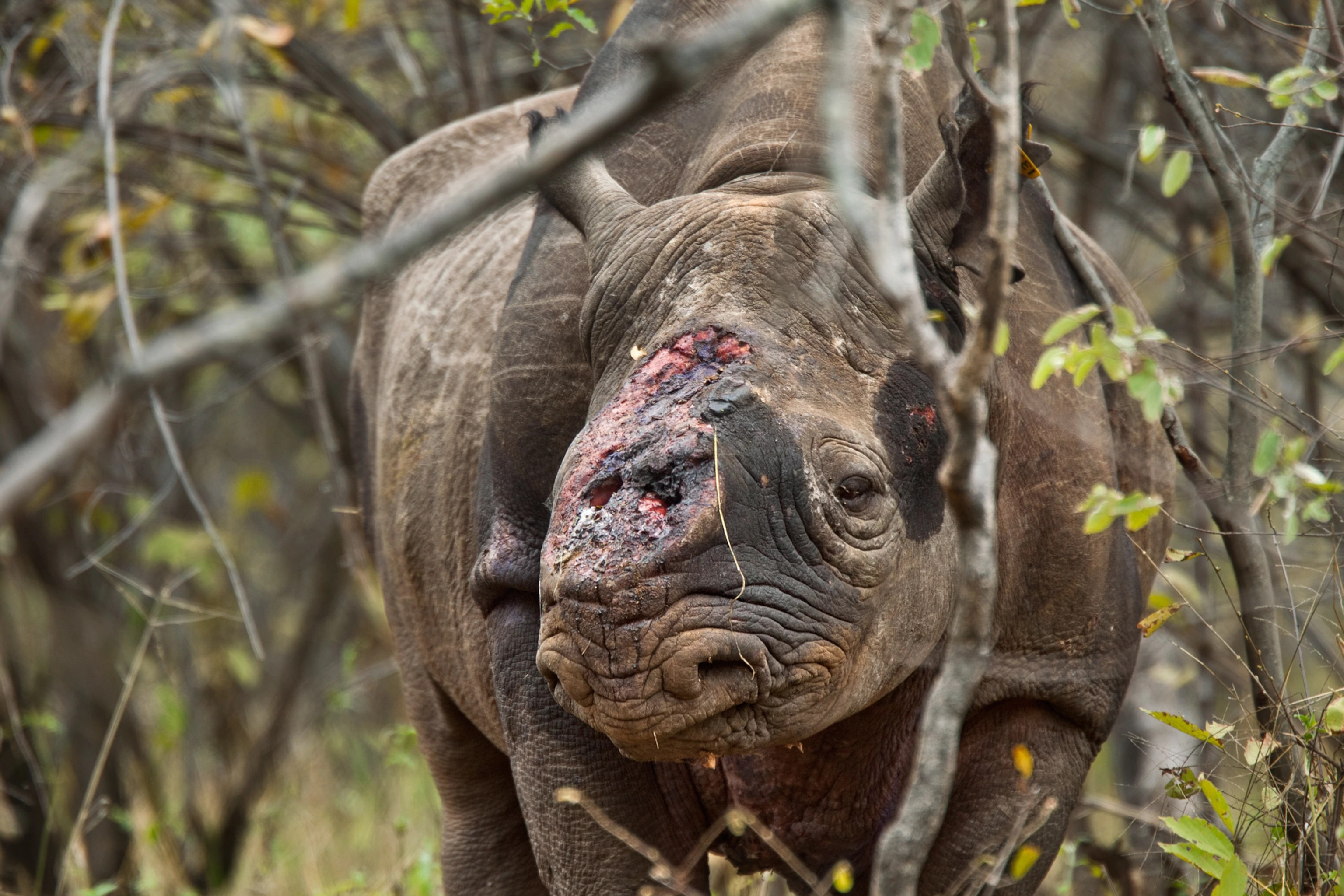2076
0
South African animal rights activists are now testing a new method
Animal rights activists are now testing a new method. Implantation of radioactive isotopes into horns should make smuggling more difficult.

Yazar: Tom Roberts
Yayınlanma: 2 Ağustos 2021 17:43
Güncellenme: 18 Şubat 2026 09:00
South African animal rights activists are now testing a new method
The population of rhinos is declining from year to year. Poachers have been brutally killing them for several years for their horns, which are a sought-after commodity mainly in the Asian market. However, this age-old struggle will soon end. South African animal rights activists have had hopes and are now testing a new method. As part of a project called Rhisotop, South African animal rights activists have teamed up with experts from several countries and are now testing a new method to degrade rhino horns. The project will examine the introduction of harmless quantities of radioactive isotopes into the rhino horn in order to reduce the demand for rhino horn on the international market and also to ensure its greater detectability when crossing international borders. In mid-2021, James Larkin of the University of Witwatersrand in Johannesburg introduced an amino acid containing special non-radioactive isotopes of carbon and nitrogen into rhino horns. Researchers first want to analyze whether and how the amino acid decomposes them, and then plan to use mildly radioactive isotopes that easily detect their radiation with measuring instruments. "The dose is small enough not to hurt the animal - now we want to test whether the dose stays in the corner," Larkin said. If the project is successful, it is planned to place over 10,000 radiation measuring devices in various places at the state border, which will make it possible to detect smuggled contraband. This should significantly reduce the attractiveness of horn smuggling, and thus reduce the number of illegally killed rhinos. The first rhinos to take part in the project are Igor and Denver from the Eastern Cape Province in South Africa. Igor got its name from Igor Kurchatov, a Soviet nuclear physicist who made a significant contribution to the development of civilian nuclear technology as we know it today. Denver is named after the state capital of Colorado in honor of the efforts made by Colorado State University in the United States as part of the project. Researchers are now monitoring both rhinos to see if there are any risks or health problems in the coming months. "By September, we intend to introduce a viable concept," says Larkin. If the concept proves successful, it will be available to both public and private rhino breeders. However, not everyone is excited about the project.İLGİLİ HABERLER





European stocks soared and focus shifted to German retail sales after Powell's speech!

Forex Signal For TRY/USD: Inflation Slowdown in November.

Forex Signal For GBP/USD: Bullish Trend Still Not Breaking While Recovery Continues.

Forex Signal For EUR/USD: Starry US Data Points to Higher Fed Increases.

Forex Signal For BTC/USD: Downside Continues as Bitcoin Recovery Moves Less.
En Popüler Haberler
Yorum Yap
Yorumlar
Henüz yorum yapan yok! İlk yorumu siz yapın...